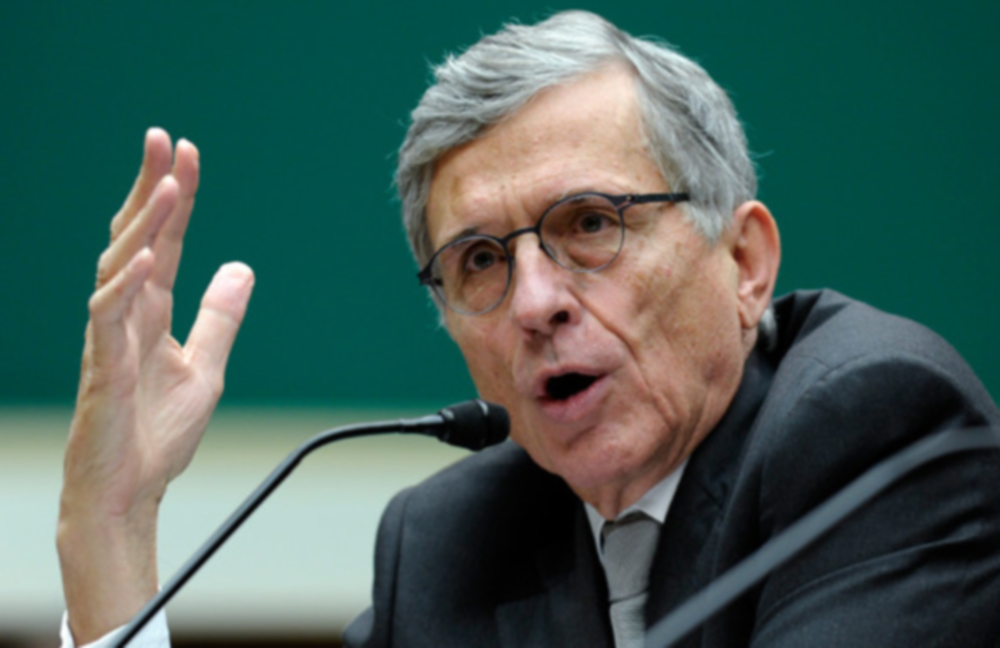Why is it that when the discussion comes around to Net Neutrality, no one seems very neutral on the subject? Tuesday’s hearing of the House Oversight & Government Reform Committee on transparency at the Federal Communications Commission had Chairman Jason Chaffetz (R-UT) calling FCC Chairman Tom Wheeler (above) a liar, Wheeler proclaiming that he himself was an independent agency of the federal government, and the FCC Inspector General apparently opening an official investigation into the process that led to the passing of regulations that will treat the Internet as a public utility.
For those who have not been keeping score:
Last May the FCC circulated a rule-making draft floating questions about whether regulation of the Internet should be based on the Telecommunications Act of 1996 or Title II of the 1934 Communications Act that governs utilities. In November President Obama made a public statement expressing a preference for Title II. Thus ensued a series of meetings and communications between Wheeler and the White House that Capitol Hill Republicans assert led to Wheeler announcing Net Neutrality rules on February 4 that would ban paid prioritization. One of those Hill Republicans was Chaffetz, who asked Wheeler to explain himself at a hearing on February 25. Wheeler politely declined and, on the very next day, was one of three Democratic FCC commissioners to pass those rules in a 3-2 vote.
All that business being out of the way, Wheeler chose to attend yesterday’s assemblage of the Oversight Committee. He delivered an opening statement explaining that he had changed his mind about Title II when it occurred to him that the concept of “commercial reasonableness” put forth in the later law would be reasonable for commercial Internet users, but not consumers. Pressure from Pennsylvania Avenue had nothing in the least to do with it, Wheeler insisted.
Chaffetz, however, could not be moved off the notion that all the trips to the White House had iced the deal. “Are you saying this rule did not come up in any of those meetings but one?” Chaffetz asked Wheeler.
“I can’t recall the details,” the FCC chief said. Nor did he remember how many there were, though Chaffetz was kind enough to list them for him. Wheeler maintained that several topics were covered in these meetings, and that he couldn’t recall anything particular about the Net Neutrality rule being said, and that, anyway, he was a free thinker.
“So, you met with the White House multiple times during the open comment period and after the comment period closed,” Chaffetz said, “and we’re supposed to believe that one of the most important things that the FCC has ever done…that this didn’t come up and you didn’t have any discussion on it and that they didn’t come back to you on what you were doing?”
“The administration was very scrupulous,” Wheeler responded, “in making it clear that I was an independent agency.”
Chaffetz agreed that, of course, Wheeler should talk to the White House and to all interested parties, but that he should also have spoken to Congress before calling a vote on the rules. “I had other committees to appear before. In my response I said I would look forward to meeting with you…,” Wheeler said, before Chaffetz cut in.
“Yeah, and I didn’t believe you then and I don’t believe you now.”
A messy business this neutrality, and getting messier. In his closing remarks, Chaffetz asked Wheeler if he was aware that the FCC Inspector General had opened an investigation into the process leading to the passage of the Net Neutrality rules.
Wheeler replied that he was not.








